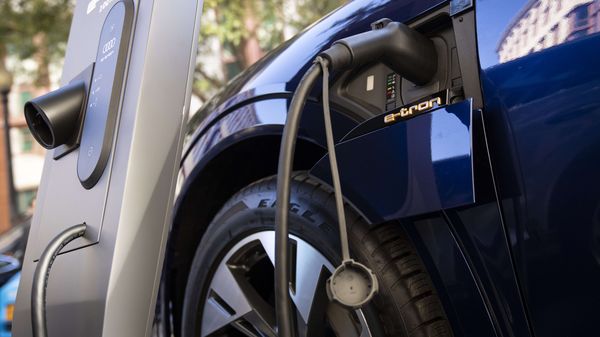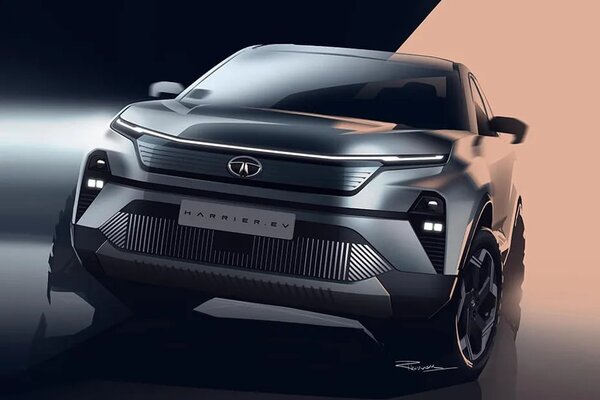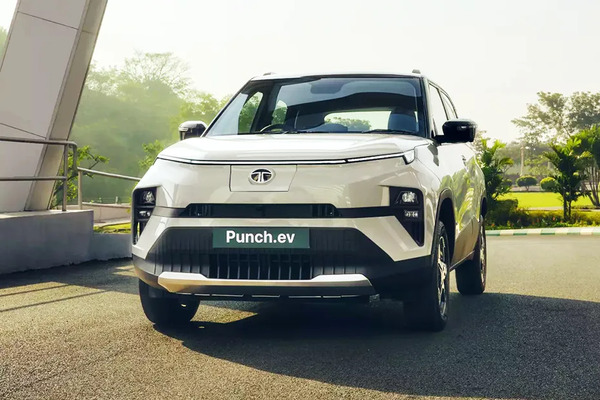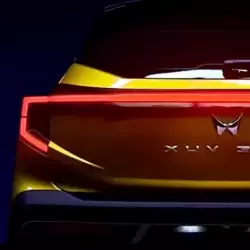Cost of EVs will be at par with petrol counterparts in two years: Nitin Gadkari


Union transport minister Nitin Gadkari has said that the cost of an electric vehicle in the country will be at par with its petrol counterpart in the next two years with the government providing production linked incentives (PLI) as well as installing EV charging points across fuel stations and major highways.
Speaking at a webinar on accelerating the phasing out of coal and switching to electric vehicles, the minister added that the GST on electric vehicles is already only 5% while the cost of lithium-ion batteries is also declining. “Besides, the government has already framed a policy allowing petrol pumps to set up EV charging stations. In two years there will be a lot charging points across India," he elaborated.
Also check these Vehicles
Also Read : Road ministry adopts IIT Madras' data-driven model for improving road safety
The National Highways Authority of India (NHAI) has framed a plan to install at least 700 EV charging stations across its major highways by 2023. These will be spread across a range of 40-60 kms.
Gadkari further informed the government is ensuring that the EV charging stations get their electricity from renewable sources. “There is no benefit in producing coal based electricity. Our attention is now on renewable sources such as solar, tidal, wind energy and biomass. Domestic EV charging can be fulfilled through rooftop solar system," he said.
Also Read : Hydrogen is better than petrol, diesel: Nitin Gadkari amid fuel price hikes
At present, India has the world's fourth largest renewable energy capacity at 145 GW. Charging domestic EVs through solar PV cells, panel system at homes, malls, parking lots and offices would make such vehicles more affordable and easily adaptable.
Reduction in cost of electric vehicles is significant for mass adoption of battery-powered vehicles, especially because India has set a target of 30% EV sales penetration for private cars by 2030. The target also includes 70% EV sales for commercial vehicles, 40% for buses and 80% for two- and three-wheelers.
At present, while the cost of electric two- and three-wheelers have already almost come at par with the petrol counterparts after factoring in the subsidies, only about two-three electric car variants cost below ₹15 lakh in the country.








 11.6 kwh
11.6 kwh 344 km
344 km


















